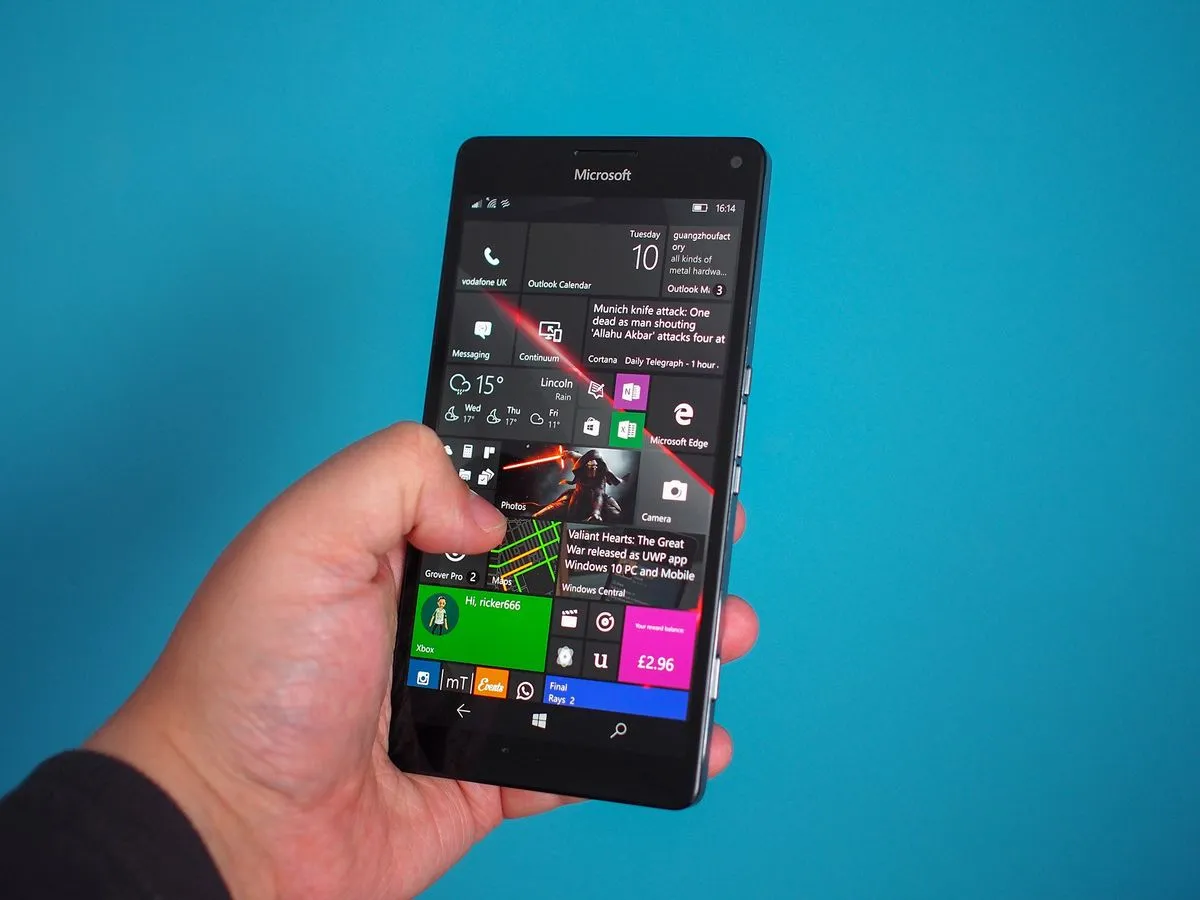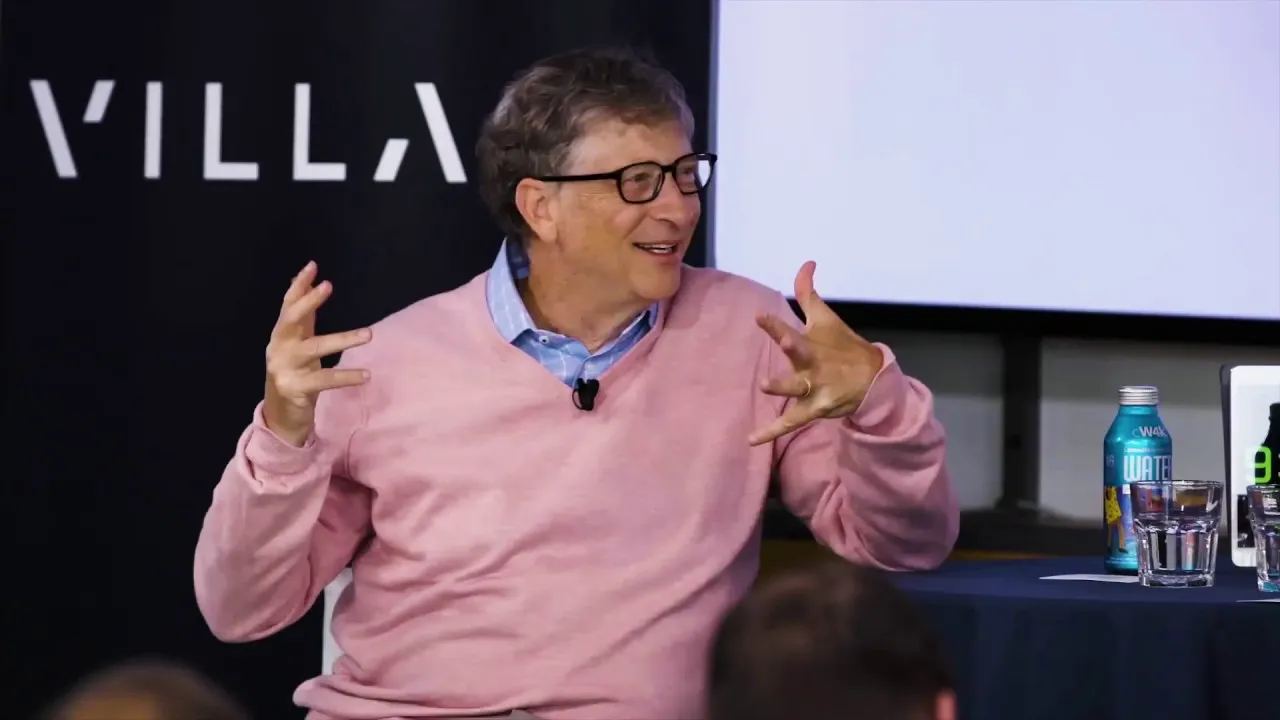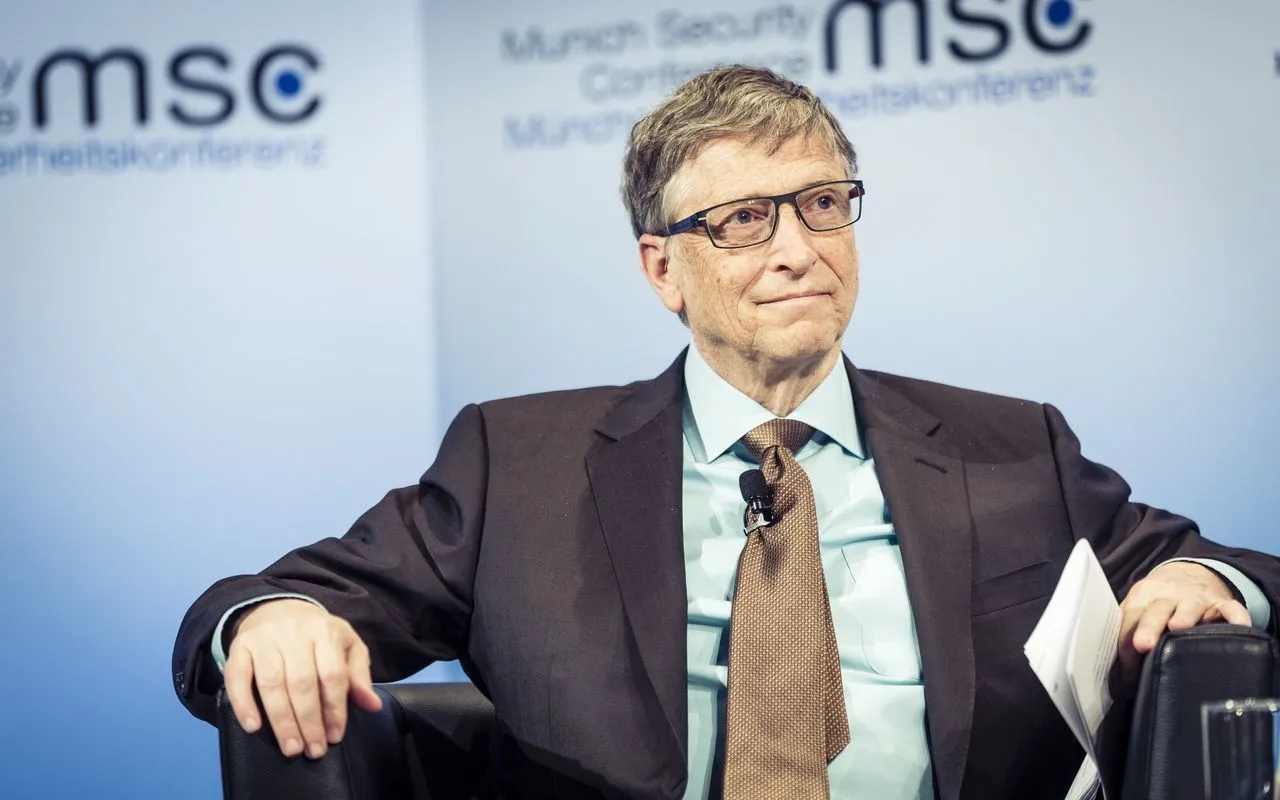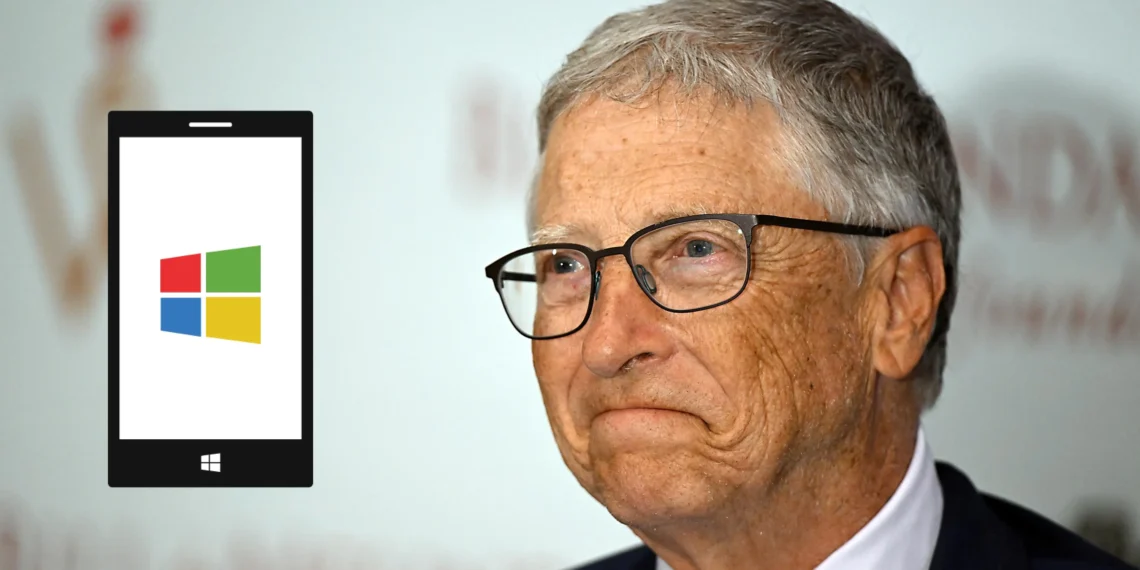Rich Miner’s involvement in the mobile industry dates back to the early 2000s when he helped launch the first Windows Mobile phone, the SPV, in 2002. His experience during this time sparked concerns about Microsoft’s potential to monopolize the mobile market as it had with PCs. Miner’s fears led him to champion a more open mobile ecosystem, ultimately culminating in the creation of Android.
This move set the stage for a seismic shift in the tech landscape. “I literally helped create Android to prevent Microsoft from controlling the phone the way they did the PC – stifling innovation,” Miner stated in a response to Bill Gates on X (formerly Twitter). His candid reflection sheds light on the motivations that fueled Android’s inception, emphasizing a commitment to innovation and market freedom.

Gates’ Admission and the Cost of Missed Opportunities
Bill Gates, co-founder of Microsoft, recently acknowledged the company’s failure to secure a leading position in the non-Apple mobile market as “one of the greatest mistakes of all time.” During a candid interview with Eventbrite CEO Julia Hartz, Gates revealed that this oversight cost Microsoft approximately $400 billion in potential market value—a fortune that instead bolstered Google’s Android platform.
This revelation aligns with the timing of product launches which played a crucial role in shaping the mobile market. Apple’s iPhone debuted in June 2007, followed by Android in September 2008. Microsoft lagged behind, releasing Windows Phone 7 only in October 2010. This delay significantly hindered Microsoft’s ability to compete effectively with Android and Apple, who now hold 99.9 percent of the market share.

Miner’s Perspective: A Blend of Insight and Ironic Humor
Rich Miner’s reflections are not only insightful but tinged with a sense of ironic humor. “So it’s always funny for me to hear Gates whine about losing mobile to Android,” Miner wrote. His comments highlight a deep-seated rivalry and differing perspectives on innovation and control within the tech industry.
As the discussion unfolds, it invites the audience to reflect on the dynamic and ever-evolving nature of technology markets. Miner’s pointed critique of Gates offers a rare glimpse into the strategic decisions that have shaped the current landscape of mobile technology.

The exchange between Miner and Gates underscores a critical aspect of business in the tech world: the lasting impact of strategic decisions. Miner’s push for an open, innovative mobile platform in the form of Android not only countered potential monopolistic practices by Microsoft but also propelled Google to the forefront of mobile technology. As this saga continues to be dissected and discussed, it serves as a potent reminder of how vision, timing, and strategic foresight can dramatically alter the course of an industry. The mobile market remains a battlefield of innovation, with past decisions continuing to resonate in the present technological landscape.


